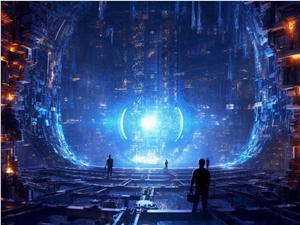Recently, the Japanese publishing industry has issued a stern warning about AI-driven search engines, arguing that these emerging technologies are eroding the foundations of the news industry. The Japan Newspaper Publishers and Editors Association has stated that AI search engines are exploiting the content of news media without fair compensation, a phenomenon known as "free-riding." This means that AI systems profit from news content without providing support for its creation and the news ecosystem.

The Japanese publishing industry believes that this behavior infringes upon Japan's copyright law, which only allows the use of a small and limited amount of content for search purposes. More seriously, they worry that this practice could facilitate the spread of misinformation, potentially causing "irreversible damage" to democratic foundations and national culture.
Similar concerns have also arisen in the United States and Europe, with increasing criticism of search engines like Perplexity and Google AI Overview. These services use website content without effectively driving traffic, which could threaten the business models of content creators who rely on direct website visits for income.
In this context, the Japan Publishing Association is calling for a review of the legal system to address the challenges posed by generative AI technology. With the rapid advancement of AI technology, how to protect the rights of content creators has become an urgent issue to be resolved.
Key Points:
📌 The Japanese publishing industry is concerned about AI search engines using news content without authorization, potentially leading to copyright infringement.
🔍 The association cites the example of Google AI search returning a highly consistent death toll with multiple media reports, questioning its legality.
⚖️ Experts are calling for legal amendments to address the potential threats and risks posed by generative AI to the news industry.









